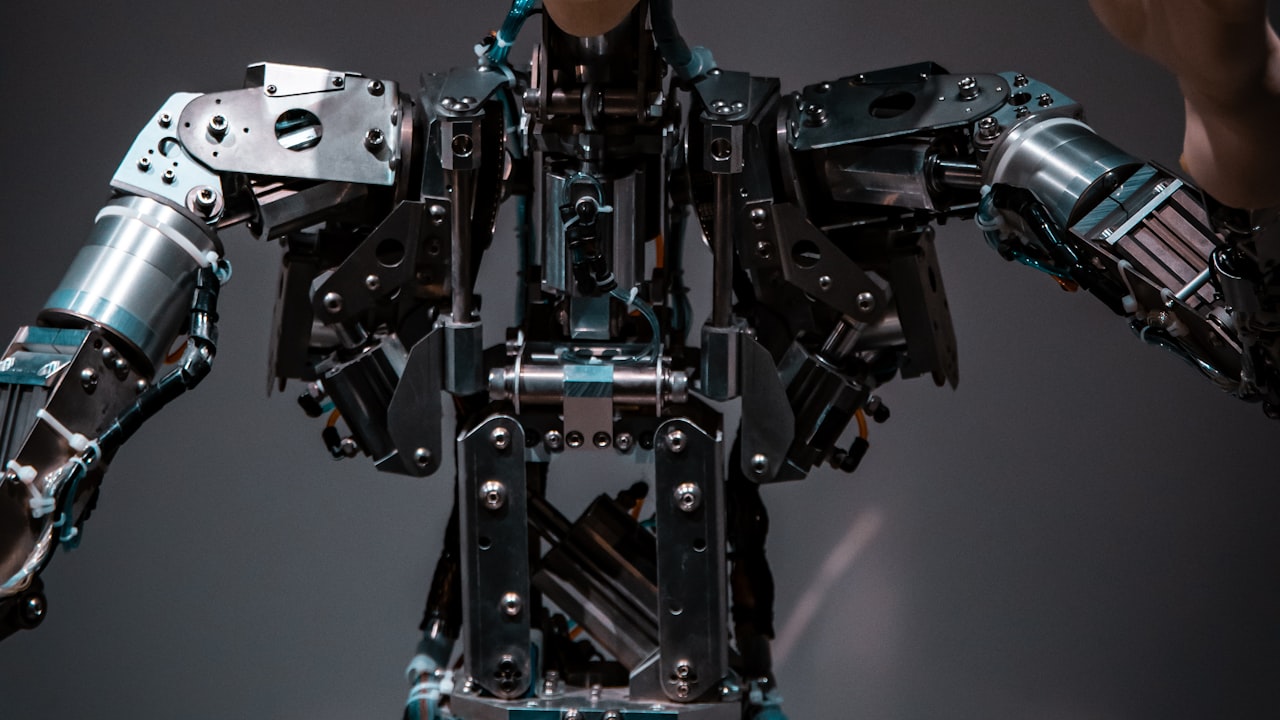 Title: Revolutionizing Pharmaceutical Manufacturing: The Role of Pharmaceutical Machinery
Title: Revolutionizing Pharmaceutical Manufacturing: The Role of Pharmaceutical Machinery
In recent years, the pharmaceutical industry has witnessed a significant transformation with the advent of advanced pharmaceutical machinery. These cutting-edge machines are revolutionizing the way drugs are manufactured, promising increased efficiency, precision, and quality in the production process.
One of the most crucial components of pharmaceutical machinery is the tablet press machine. This specialized equipment is responsible for compressing powdered ingredients into solid tablets of precise size and weight. With the advancement of technology, modern tablet press machines offer a range of capabilities, from single-punch machines to high-speed rotary tablet presses. The Tablet Deduster Press (TDP) and Tablet Deduster Press with metal detector (THDP) are examples of innovative tablet press machines that not only ensure the uniformity of tablet size and weight but also enhance the safety and quality of the final product.
In addition to tablet press machines, capsule filling machines are essential in the pharmaceutical manufacturing process. These machines are designed to accurately fill empty capsules with the desired dosage of powdered or granulated medication. By automating the capsule filling process, these machines can achieve higher efficiency and consistency in drug production. The integration of technologies like weight control systems and automatic capsule sealing further improves the accuracy and reliability of capsule filling machines.
The introduction of advanced pharmaceutical machinery has significantly contributed to maintaining rigorous regulatory standards in the industry. Pharmaceutical companies are required to adhere to Good Manufacturing Practices (GMP) to ensure the safety and quality of pharmaceutical products. Pharmaceutical machinery, equipped with the latest technology, helps in the seamless implementation of GMP guidelines, facilitating compliance and regulatory approval.
Moreover, pharmaceutical machinery plays a critical role in the research and development of new drugs. High-performance liquid chromatography (HPLC) systems and mass spectrometers are commonly used to analyze the chemical composition of new drug compounds, ensuring their purity and potency. These analytical instruments are indispensable in drug discovery and formulation, enabling researchers to evaluate the quality and effectiveness of experimental drugs.
In conclusion, pharmaceutical machinery stands at the forefront of the pharmaceutical manufacturing sector, driving innovation, efficiency, and quality in drug production. The integration of advanced technologies such as tablet press machines, capsule filling machines, TDP, and THDP has revolutionized the industry, setting new standards for safety, precision, and regulatory compliance. As the pharmaceutical landscape continues to evolve, the role of pharmaceutical machinery remains paramount in shaping the future of drug development and healthcare.





